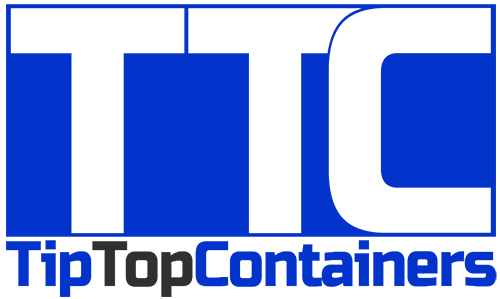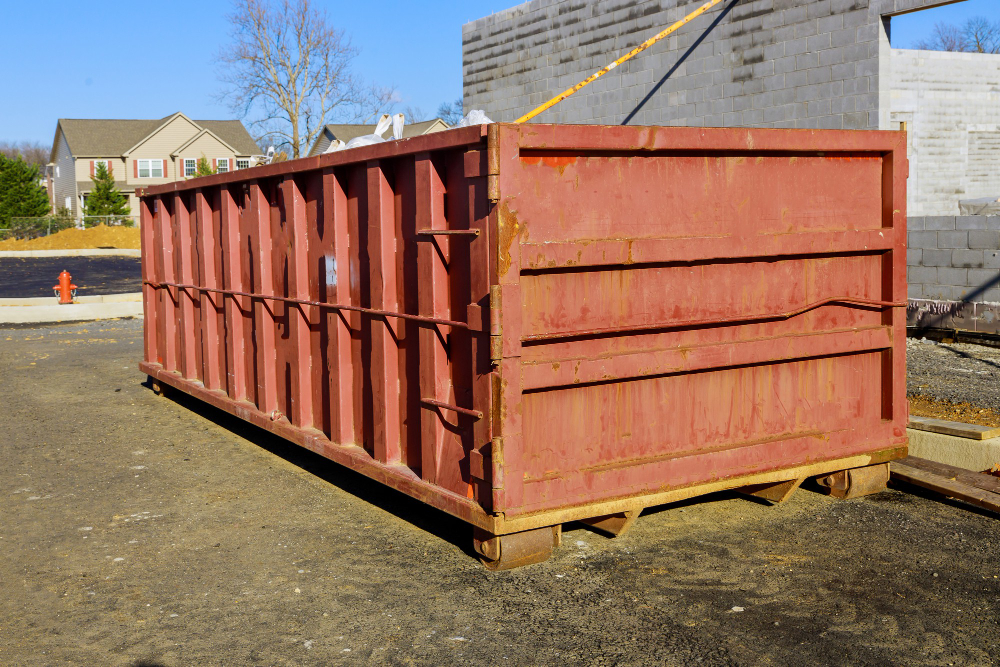


When it comes to managing waste from construction projects, a roll off container rental is not a luxury—it's a necessity. Whether you're a seasoned contractor or a DIY enthusiast tackling a first major project, understanding the ins and outs of renting a roll off container can save you time, money, and potential headaches.
In this comprehensive guide, we'll go over everything you need to know about roll off container rentals, helping you make the right choices for your next construction or renovation job.
The term "roll off" refers to the way the containers are delivered and removed from a site. A specialized trailer rolls the container on and off the truck, which makes for easier transportation. These containers are the go-to choice for removing large volumes of waste from job sites, thanks to their versatility and convenience.
One of the most critical decisions when renting a roll off container is choosing the right size. Available in a variety of dimensions, from 10 to 40 cubic yards, the size you pick will directly impact the cost and the efficiency of your waste management.
Different types of materials have varying weight and volume, which influence the type of container you need. For heavy debris like concrete or asphalt, a small, high-walled container is ideal. For lighter, bulky waste such as insulation, a larger container with lower walls might be more effective.
Begin by researching local waste management companies that offer roll off container services. Look for reputable businesses with a range of container options, transparent pricing, and good customer service.
Once you've narrowed down your options, it's time to request quotes. Provide detailed information about your project, including the type of waste, estimated volume, and project duration. The more accurate your details, the more precise your quote will be.
The delivery of your roll off container should be scheduled to align with the start of your project. Clear the space where the container will be placed, ensuring it's level and stable. Prepare for the container's size by taking into account any overhead restrictions or local regulations.
Every city and county has zoning laws that might affect where and how you can place a roll off container. Familiarize yourself with these regulations to avoid fines or project delays.
In some areas, you may need a permit to place a container on a public street or right-of-way. Your container rental company can often help you with the permit process, but it's ultimately the renter's responsibility to ensure all permits are secured.
Being environmentally aware is not just good practice—it's the law. Ensure that all hazardous materials are disposed of correctly and legally. Most container rental companies provide guidelines on what can and cannot be thrown into the container.
Efficient loading saves space, which can translate to significant savings. Start by placing heavier items at the bottom and filling in the gaps with lighter materials. Break down or cut long items to fit flush with the container's walls.
Overfilling or loading a container with materials that exceed its weight limit can result in additional charges. Be mindful of the load's weight and distribute it evenly within the container.
Your container rental provider should be a partner in your waste management strategy. They can offer advice on the best container size, loading techniques, and even help with unexpected waste removal needs.
Coordinate the pickup of your roll off container with the end of your project. Unexpected delays may occur, so good communication with your provider is key to preventing overage charges.
Ensure that all waste is properly contained within the rental container to prevent littering and ensure the safety of others. Hazardous materials will require special handling and disposal methods, so be sure to comply with all regulations.
With the waste removed, it's time to finalize your roll off container rental. Your provider will inspect the container, and you can discuss any additional charges for weight overages or other fees. Make sure to discuss and comprehend these charges ahead of time.
The cost of a roll off container rental is more than just the daily or weekly rate. You may be charged for delivery, pickup, overages, and potentially permits, among other items.
Choose a rental provider that offers excellent customer service and maintenance support. In case of a breakdown or an unscheduled waste removal, you want a company that's responsive and can provide solutions quickly.
If you're renting a roll off container for the first time, don't be afraid to ask for advice. Your rental company's customer service team can offer valuable tips and answer any questions you have about the process.
For projects with indeterminate durations, long-term rentals offer flexibility. These rentals usually require a fixed monthly fee and can be adjusted based on your needs.
Larger projects or those with multiple phases may benefit from renting more than one container. This allows you to separate different types of waste or to ensure you always have space for new debris.
Some providers offer tracking and reporting services for your waste disposal, which can be invaluable for large projects with specific waste management goals or reporting requirements.
By following this comprehensive guide, you'll be well-equipped to handle all aspects of your roll off container rental. From initial research to final disposal, understanding the process ensures a smooth and efficient waste management solution for your next construction project. Whether you're renovating a kitchen or overseeing a massive building endeavor, the right roll off container can make all the difference. If you're looking for a roll off container rental in Orlando, FL, contact Tip Top Containers today to request a quote.